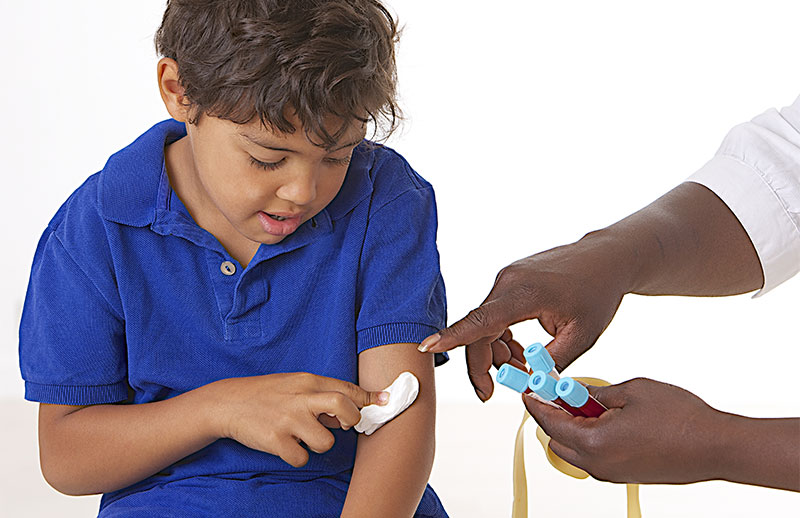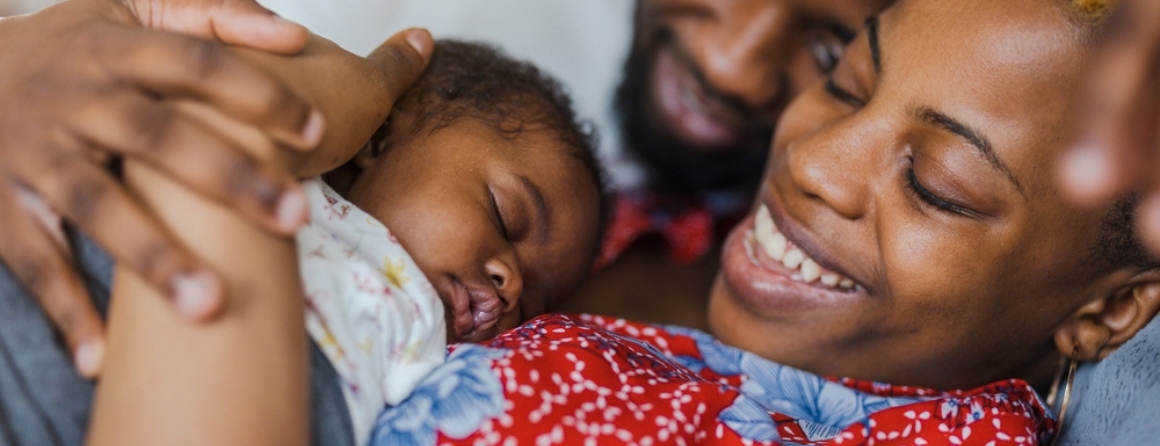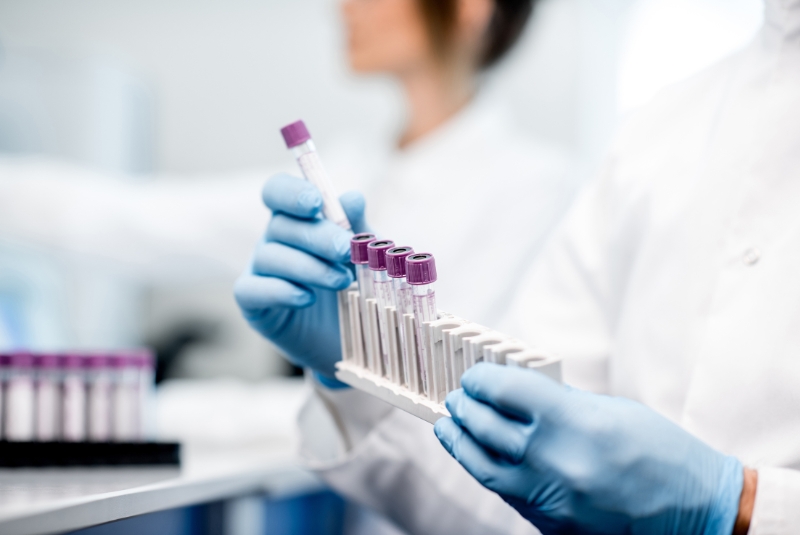
Test saves lives by monitoring bone marrow transplants
What's the child health challenge?
Bone marrow transplants replace diseased or cancerous bone marrow with healthy bone marrow to treat diseases, including leukemia, lymphoma, and immune deficiency disorders.
To maximise outcomes, we must know how well the transplant is working and if something goes wrong, a swift medical response is vital to ensure patient survival.
It's challenging to monitor the success of a transplant because existing tests do not work for all recipients and are relatively expensive and time-consuming.
What's the child health challenge?
Bone marrow transplants replace diseased or cancerous bone marrow with healthy bone marrow to treat diseases, including leukemia, lymphoma, and immune deficiency disorders.
To maximise outcomes, we must know how...
What's the child health challenge?
Bone marrow transplants replace diseased or cancerous bone marrow with healthy bone marrow to treat diseases, including leukemia, lymphoma, and immune deficiency disorders.
To maximise outcomes, we must know how well the transplant is working and if something goes wrong, a swift medical response is vital to ensure patient survival.
It's challenging to monitor the success of a transplant because existing tests do not work for all recipients and are relatively expensive and time-consuming.
What's the discovery or innovation?
A blood test developed by Murdoch Children's researchers to quickly assess transplant success has proven a game-changer for doctors at the Royal Children’s Hospital.
The Organ Health BMT test detects any drop in acceptance of donor bone marrow by revealing if there is a reduction in the proportion of blood cells produced by the transplant.
In response, doctors can stop immunosuppressant drugs early to improve blood cell production and help the transplant recover.
The test also analyses DNA markers (a gene or fragment of DNA) in recipients and donors which are unique to the donor and absent in the recipient, or vice versa, and uses these to monitor transplant function.
How is it changing children’s lives?
Over 2,000 bone marrow transplants are performed in adults and children in Australia and New Zealand every year. This test is saving lives by identifying transplant rejection and recurrence of disease earlier than other approaches.
It's a quick and sensitive way of measuring whether the transplant has successfully engrafted gives doctors the chance to act early, if vital treatment changes are needed.






